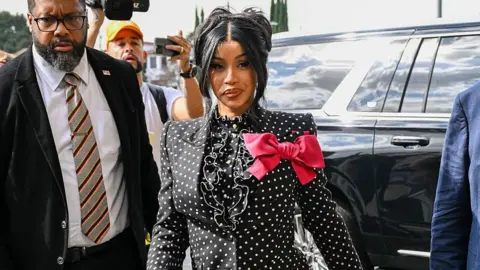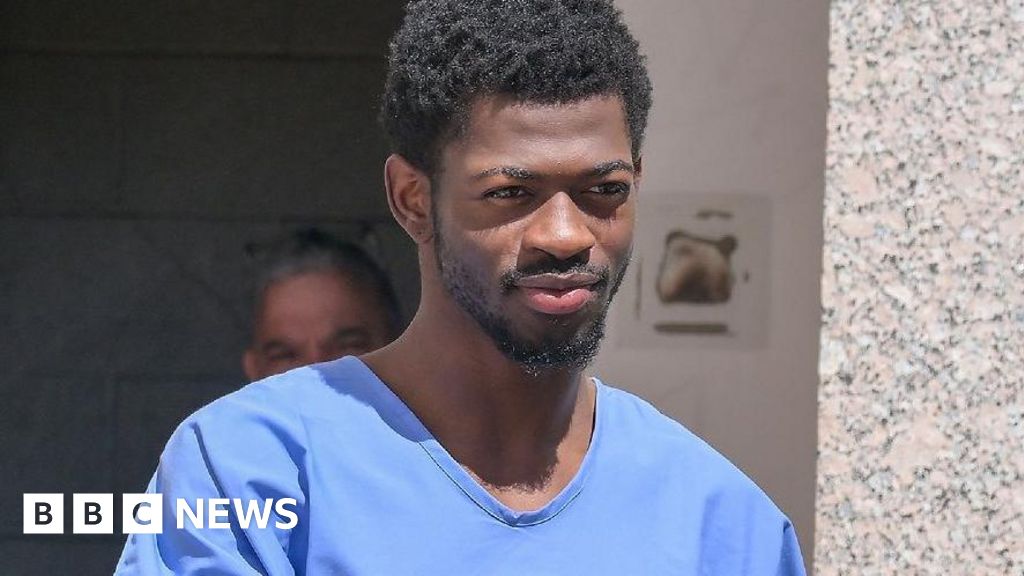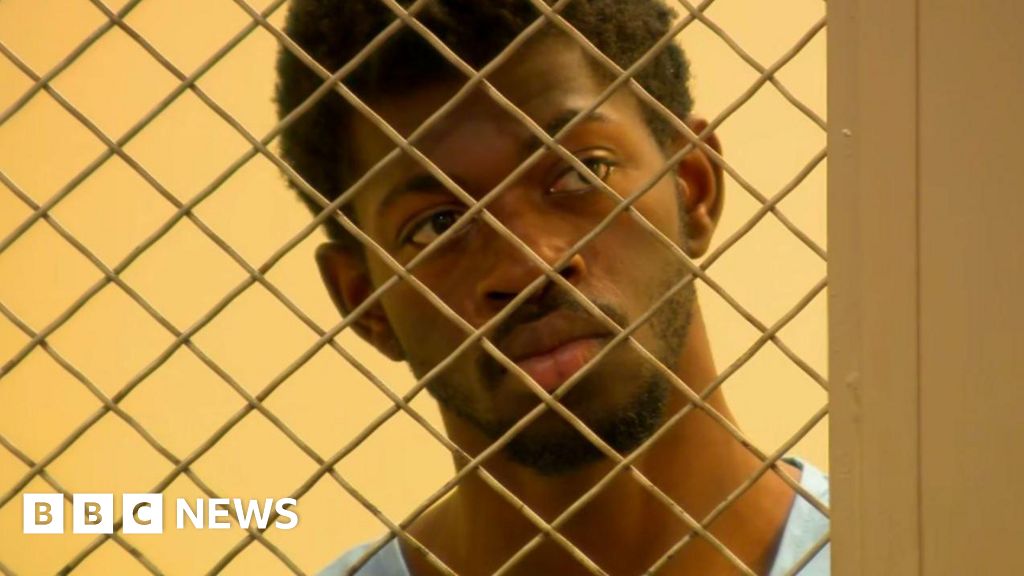In a significant development for the Menendez brothers, Lyle Menendez has been denied parole just a day after his sibling, Erik Menendez, faced a similar fate. Both brothers were found guilty in 1994 for the murder of their parents, Jose and Kitty Menendez, in their upscale Beverly Hills home—a case that caught national attention in the late 20th century due to its sensational nature and the brothers' claims of enduring abuse.
The 57-year-old Lyle attended the parole hearing virtually from a San Diego prison, where the board's deliberations extended over ten hours. This rejection is a notable setback considering the recent legal victories the Menendez brothers had seemingly gained in their fight toward potential freedom. Lyle's next opportunity for parole will arrive in another three years, while Erik was also turned down the day prior.
During the hearings, the brothers had argued that the murders were committed in self-defense due to extensive emotional and sexual abuse inflicted by their father, with their mother accused of complicity. Despite their claims, prosecutors have painted a starkly different picture, branding them as entitled individuals who methodically plotted their parents' homicides while later indulging in a lavish lifestyle financed by their inheritance.
Throughout the proceedings, Lyle expressed deep remorse, stating, "I'm profoundly sorry for who I was … for the harm that everyone has endured." However, the board raised concerns regarding his behavior within the prison environment, specifically addressing his multiple infractions for unauthorized cell phone usage. While Lyle defended his actions, claiming it provided him a sense of privacy, the parole panel highlighted the implications of such behavior on his potential release.
The parole board's report raised questions about Lyle’s risk to society upon release, suggesting he displayed traits indicative of anti-social behavior and entitlement. His ability to follow institutional rules was also scrutinized during the hearing, underlining a pattern of problematic behavior over the years.
As the Menendez brothers continue to explore possible options—including a clemency request directed at California Governor Gavin Newsom—public and legal opinions remain divided. Critics argue that any decision regarding clemency could have political repercussions for Newsom, especially with rising discussions of his potential presidential candidacy. Moreover, fresh legal pursuits for a new trial based on claims of childhood abuse are currently underway, further complicating their paths to justice.
With advocates both against and in favor of their release, the futures of Lyle and Erik Menendez remain uncertain as they traverse the complex legal landscape shaped by their notorious past.
The 57-year-old Lyle attended the parole hearing virtually from a San Diego prison, where the board's deliberations extended over ten hours. This rejection is a notable setback considering the recent legal victories the Menendez brothers had seemingly gained in their fight toward potential freedom. Lyle's next opportunity for parole will arrive in another three years, while Erik was also turned down the day prior.
During the hearings, the brothers had argued that the murders were committed in self-defense due to extensive emotional and sexual abuse inflicted by their father, with their mother accused of complicity. Despite their claims, prosecutors have painted a starkly different picture, branding them as entitled individuals who methodically plotted their parents' homicides while later indulging in a lavish lifestyle financed by their inheritance.
Throughout the proceedings, Lyle expressed deep remorse, stating, "I'm profoundly sorry for who I was … for the harm that everyone has endured." However, the board raised concerns regarding his behavior within the prison environment, specifically addressing his multiple infractions for unauthorized cell phone usage. While Lyle defended his actions, claiming it provided him a sense of privacy, the parole panel highlighted the implications of such behavior on his potential release.
The parole board's report raised questions about Lyle’s risk to society upon release, suggesting he displayed traits indicative of anti-social behavior and entitlement. His ability to follow institutional rules was also scrutinized during the hearing, underlining a pattern of problematic behavior over the years.
As the Menendez brothers continue to explore possible options—including a clemency request directed at California Governor Gavin Newsom—public and legal opinions remain divided. Critics argue that any decision regarding clemency could have political repercussions for Newsom, especially with rising discussions of his potential presidential candidacy. Moreover, fresh legal pursuits for a new trial based on claims of childhood abuse are currently underway, further complicating their paths to justice.
With advocates both against and in favor of their release, the futures of Lyle and Erik Menendez remain uncertain as they traverse the complex legal landscape shaped by their notorious past.




















